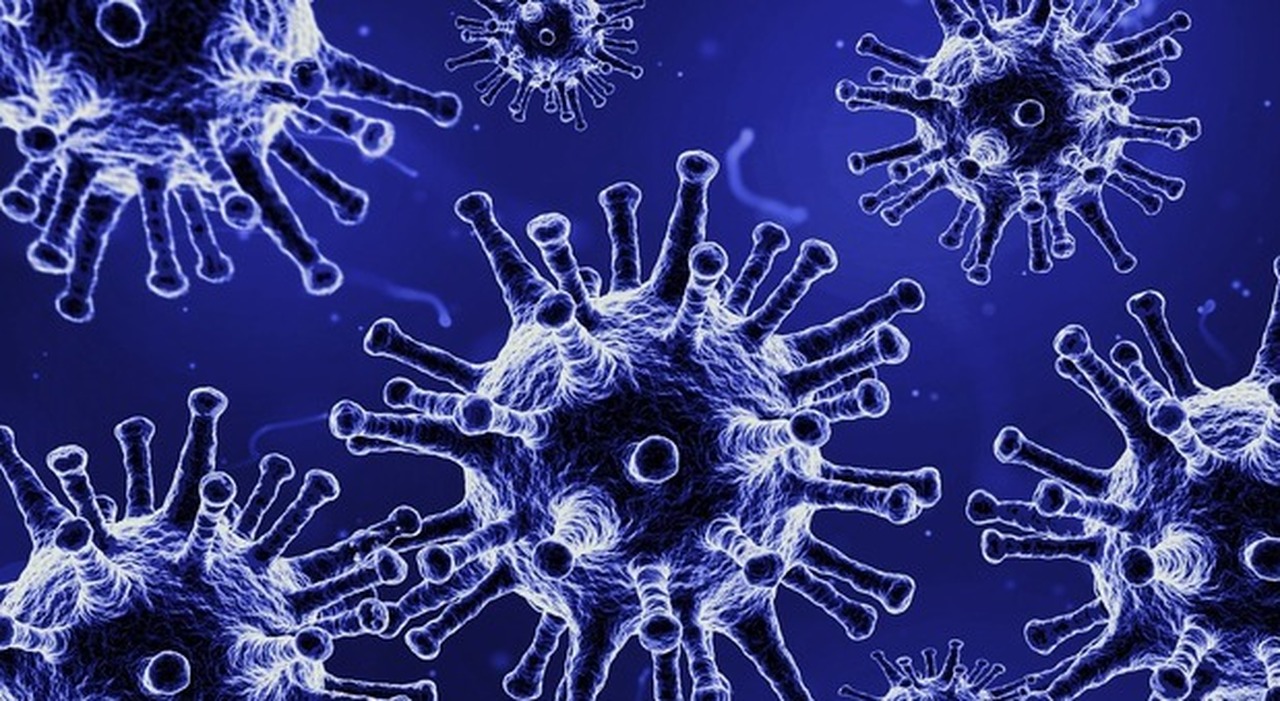Sars Cov-2 is not synonymous with Covid-19. They are two different things, where the latter (the disease) is the consequence of the other (the virus). The reason is soon said: in the middle there is the immune system that tries to defeat (as far as possible) the virus itself with all its variants.
Omicron, Bassetti: «It will infect everyone by the summer, but it is less serious. Then, herd immunity “
Omicron, the Long Covid burns some brain cells: memory disturbances for up to six months
L’infection it does not lead to disease
Sars Cov-2 is the name of the virus, whose mission is to invade the organism. Thanks to the tests it was more or less positive. But the infection doesn’t necessarily lead to a disease, which is Covid-19 instead. To do the “jump”, Viruses must be able to win some sort of battle with the immune system and, in response, triggering a series of more or less evident signs and symptoms in the body.
But what are the most common symptoms that make us understand if you are sick with Covid-19? Among the most frequent of the Coronavirus, fever, cold, alteration of taste and smell, muscle aches. More serious, however, pneumonia or respiratory failure.
The disease develops in several stages: the first, is when the virus begins to replicate and leads to malaise, fever and dry cough. In the second phase, on the other hand, the situation can worsen and affect the lungs, with interstitial pneumonia (cases, much less frequent in the omicron variant). There third phase is that of the cytokine storm. The conditions, here, become more serious because the proteins linked to the immune system (cytokines, in fact), are uncontrolled and have consequences throughout the body. It is at this stage that there can be severe injuries to the lungs.
Omicron, the “short” quarantine arrives: end of isolation without a buffer for the vaccinated. The asymptomatic positives excluded from hospitalized patients
Covid-19 has been classified into several stages, mild to critical. The first (the mild, in fact), has very light symptoms, such as fever, cough, muscle aches, but there are no breathing difficulties. The moderate stage, on the other hand, has reduced blood oxygenation and signs of pneumonia. Then there is the severe stage, with an oxygen saturation of less than 94%. The last stage is respiratory or other organ failure that is noted in the critical condition. But before all these stages, there is asymptomatic infection: the Sars Cov-2 virus is present but does not give symptoms.
According to a work by Fiaso on the admissions of 6 large hospitals and healthcare companies: Asst Civil Hospital of Brescia, Irccs San Martino Polyclinic Hospital of Genoa, Irccs Aou of Bologna, Tor Vergata Polyclinic, San Giuseppe Moscati Hospital of Avellino and Bari Polyclinic, 34% of hospitalized positive patients are not Covid sick: he is not in hospital for respiratory or pulmonary syndromes and has not developed Covid disease but requires health care for other diseases but at the time of the pre-admission swab he is positive for Sars-Cov-2. One out of three, therefore, albeit with confirmed infection with the Sars-Cov-2 virus, is hospitalized to treat anything else: trauma, heart attacks, hemorrhages, decompensation, tumors.
The work analyzed 550 patients hospitalized in the Covid areas of the six hospitals: a sample equal to 4% of the total hospitalized in Italian hospitals. The survey was carried out on January 5. Of the total 550 patients monitored, 363 (66%) are hospitalized with a diagnosis of lung infection. While 187 (34%) do not show clinical, radiographic and laboratory signs of lung involvement: that is, they were hospitalized not for the virus but with the virus.
© breaking latest news
.
